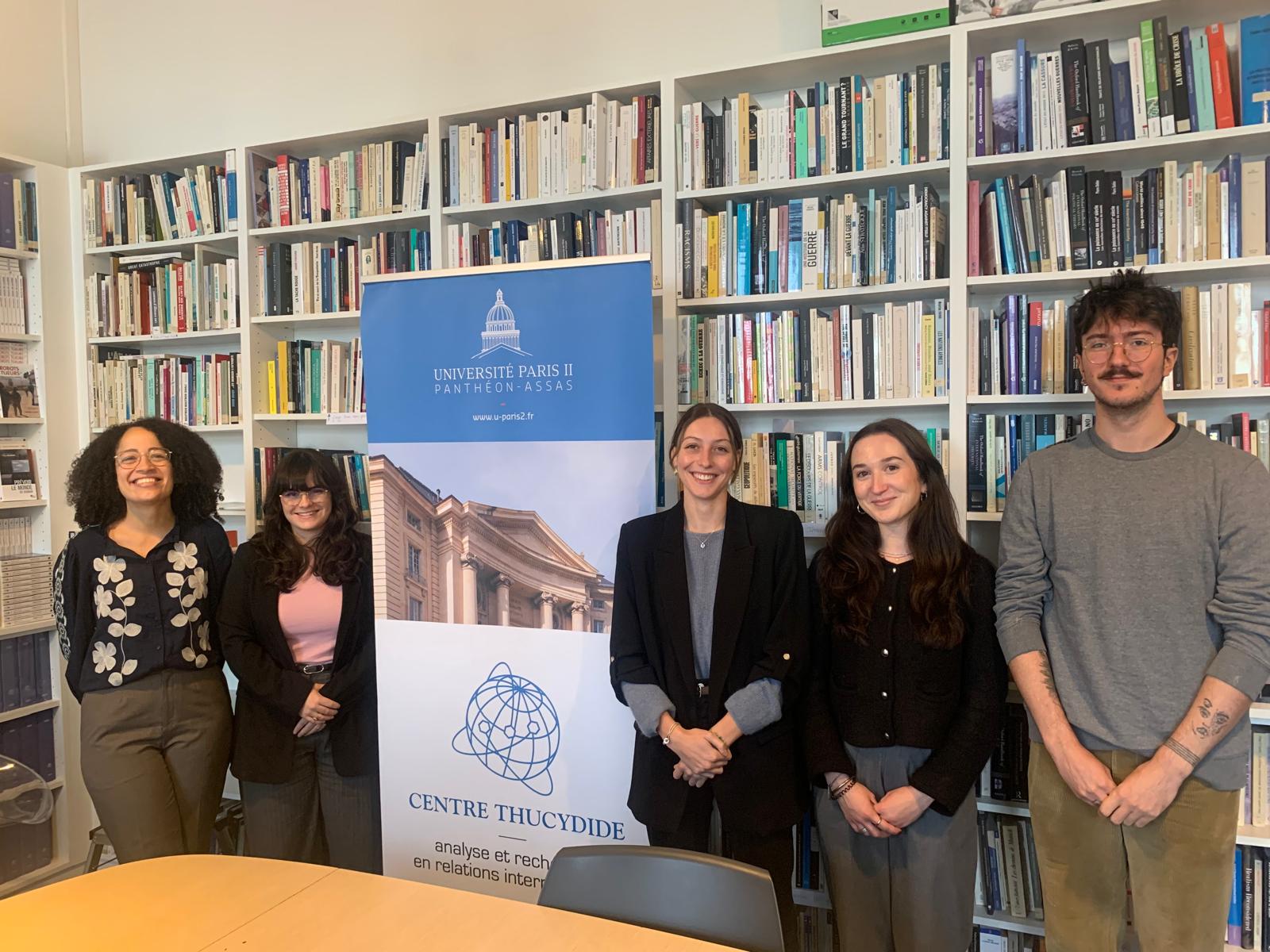Of the correct use of the reform of Palestinian institutions
Since September 2000, the reform of Palestinian institutions dominates the second Intifada. The Palestinian institutions’ failure to reform is alleged to be at the origin of the collapse of the peace process, and of the security built-up between the two main protagonists. The United States, in the aftermath of «September 11», have relayed the Israeli analysis and spread that reform process to the entire Arab world. Far from only preparing the resuming of political talks between Israelis and Palestinians, the «good settlement» of the Palestinian institutional issue mostly allows the introduction of new tools (the Road Map of the Quartet and the Israeli Plan of withdrawal from the Gaza Strip). The complementarity of these tools with the historical peace process is at the core of this article. Whereas the death of Yasser Arafat might lead to a new stalemate (including the question of his political succession), a unilateral «peace initiative» is taking shape, even if it might upset the elementary principles of a viable and lasting peace. The issue of the Palestinian reform can act as an alibi in promoting new political visions in breach with the last decade’s peace commitments. – Summary AFRI-2005




![[Table-ronde de rentrée] Bilan et perspectives stratégiques 2023-2024](https://www.afri-ct.org/wp-content/uploads/2023/10/53203474404_34af8fbdb3_o-scaled.jpg)
